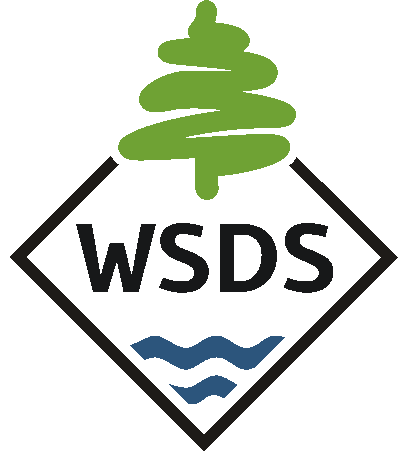Join the National Family Association for Deaf-Blind and join their listserv to talk with other families from all over the U.S., find out about upcoming conferences, and a lot more.
Go to the National Consortium on Deaf-Blindness website and select the “For Families” option for family stories and helpful current resources.
Visit the Family Guide page of the Oregon DeafBlind Project for information on Coming to Terms, Getting the Support You Need, Teaching Your Child, Interveners, Typical Development, and more.
The CHARGE Syndrome Foundation hosts a website rich with resources for families of children diagnosed with CHARGE syndrome. Foundation Resources include: New Parent Folder; A Management Manual for Parents; CHARGE Syndrome Professional Packet; a quarterly newsletter; recorded webinars on CHARGE syndrome; and more.
The Perkins School offers online webinars on a variety of topics, including many that pertain to children with deaf-blindness.
For information on “Interveners” (in Washington State, what we would term “highly qualified paraeducators” after they have completed intervener training), see new resources that have been developed with the support of the Office of Special Education Programs (OSEP). These include a booklet titled: A Family’s Guide to Interveners for Children with Combined Vision and Hearing Loss.
Check out Washington State Hands & Voices and look into the Washington Guide-By-Your-Side program.
As your children approach their teen years they may wish to participate in activities sponsored by the Helen Keller National Center (HKNC), such as summer programs to help them prepare for adult life. Our HKNC Northwest Regional Representative, Dorothy Walt, can help with resources, information, and consultations around post-school transition and assistance with Vocational Rehabilitation services. For a lifelong connection to supports and resources for your child and family, download the one-page registry form and return to Dorothy (contact information on the form).
Washington’s “Parent Training & Information” center is PAVE—”Partnerships for Action, Voices for Empowerment.” PAVE, a non-profit organization, exists to “share information and resources with people whose lives are linked to children and adults with disabilities.”

